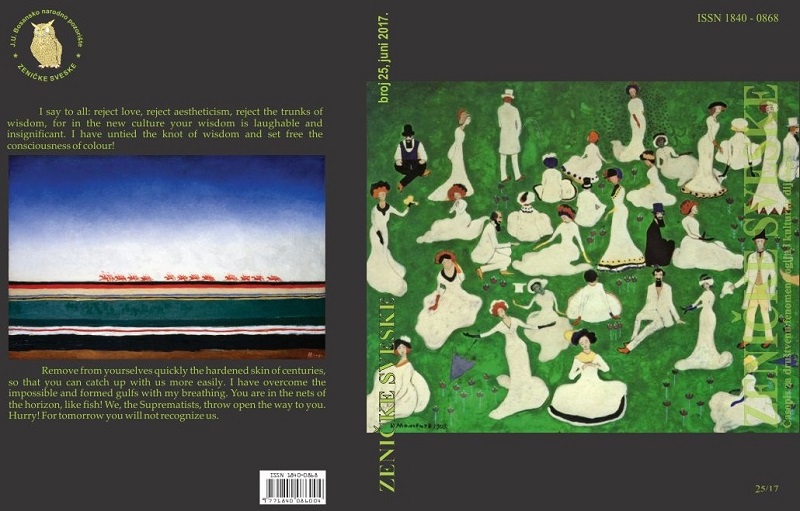Author(s): Dejan D. Milutinović / Language(s): Serbian
Issue: 151/2013
This paper by Dejan Milutinović examines whether the designations of popular,entertaining, trivial, genre and mass literature are justified and consistent. They were created in order to designate literary genres such as horror, detective, crime,SF, fantasy fiction etc., usually considered to have originated in the second half of the 18th century. The author’s starting point is the fact that contemporary genre (genealogical) research has transcended the framework of literary theory and become an important part of the survey of communication and culturological phenomena. Such a relationship with genre was formulated in the hypotheses of Stefania Skwarczyńska,who distinguished three important genealogical elements: genealogical concept, genealogical object and genealogical term. Thus, the designations popular, entertaining,trivial, genre and mass literature are considered in relation to the supposedly related phenomena, concepts and terms. Milutinović demonstrates that those designation scan not be accepted as group labels on the level of phenomena, since the genres under discussion are not a product of the late 18th century – they are part of literature’s (i.e. art’s) continuity. Particular attention is devoted to the fact that these genres contain almost no similarities. On the concept level, the author points out the relativity of designations popular and entertaining, since each epoch has a different definition of those concepts. Besides, he emphasizes that the often-mentioned schematization of those genres is, in fact, a reflection of archetypes and mythical patterns that form the basis of entire art. As Lotman has demonstrated with his theory of “the aesthetics of identity”, schematization is not an a priory anti-artistic category. Since the designations popular, entertaining, trivial, genre and mass literature have no consistent referents either on the concept level or on the phenomenal level, their continuous use is very problematic. The author demonstrates that by analysing their use in Serbian, German, English and Russian theoretical discourse. In the paper’s conclusion, DejanMilutinović advocates the abandoning of those group designations and the introduction of particular, recently prohibited designations – detective fiction, crime, horror,western, war, SF, fantasy, etc.
More...

